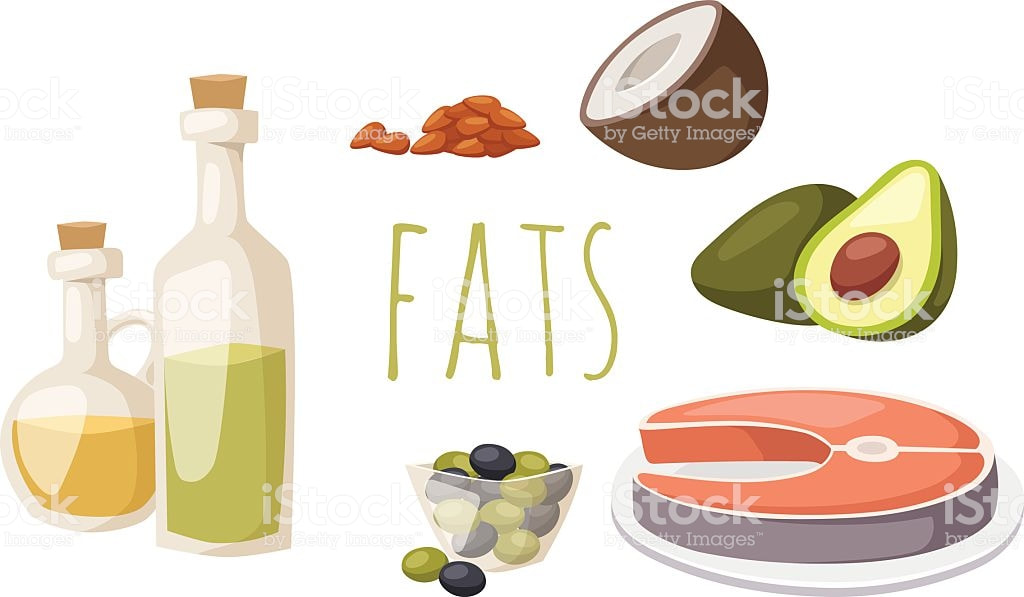
We don’t take sleep serious enough
We sleep one-third of our existence. Sleep plays a vitally important biological, physical, and psychological / spiritual role. How we eat, think, maintain ourselves, and the ability to have a rejuvenating night's sleep are intimately related, according to the National Center on Sleep Disorders Research.
Contrary to popular opinion, seniors don't need less sleep than the average person. In fact, adults require about the same amount from their 20s into old age, according to WebMD. "
According to the National Sleep foundation, skimping on sleep can lower sex drive, weaken the immune system, increasing risk of colds and flu, cause certain cancers, heart attacks, diabetes, depression, ADHD, blunts mental acuteness (dementia), memory, creativity, causes car accidents, our skin and physical aesthetics suffers, and leads to weight gain.
Don’t nod off here, but modern science defines sleep deprivation as sleeping six or fewer hours a night. Alas, The American Academy of sleep medicine report roughly 1 in 3 Americans isn’t getting enough sleep. In 2013 (the last year measured by Gallup), the average American got 6.8 hours of shuteye a night with 40 percent less than six.
Waking up and going to bed at the same time daily keeps the circadian rhythm functioning normally, helping reduce chances of insomnia. Circadian rhythms regulate nearly all of the body’s processes, from metabolism and immunity to energy, sleep, and sexual drive, cognitive functions and mood. “Insomnia is more common for seniors, partly because of health issues, partly because of the anxiety and the concerns of aging, and sometimes because of medication," says Jack Gardner, MD, a neurologist certified in sleep medicine at Baylor Scott & White Medical Center in Waxahachie, Texas
Slumbering, the body and mind shuts down to take a merited breather, but the subconscious that influences 95% of your daily thoughts, awakens. Ergo, quality sleep is significant. Author John Steinbeck stated, “It is a common experience that a problem difficult at night is resolved in the morning after the committee of sleep has worked on it.”
Many find it difficult quieting their Monkey Mind’s non-stop chatter when they need to rest or sleep. Many sleep authorities suggest hushing it with rhythmic breathing exercises and chant a mantra, like “I am love, I am light”, and soon, blissful, dreamy sleep sneaks in on cat paws. Not an over-the-counter sleeping aid. Drugs.com states that Ambien may cause dizziness with long-term use in some patients. This occurs because Ambien acts on the central nervous system, which may affect receptors in the brain that are related to dizziness. Dizziness may occur in the middle of the night the next morning or during the next day, depending on the person.
The University of Pennsylvania's Perelman School of Medicine study shows an association between what we eat and how we sleep. For effective digestion, nutrient uptake, and quality sleep, it’s suggested not eating 3 hours before bedtime. If you must satisfy the munchies, have a small snack such as hummus and veggies, a banana, sprouted grain bread with almond or peanut butter, kale chips, air-popped popcorn with virgin olive oil, Himalayan salt, and nutritional yeast flakes, or local apple sauce with raisins. So, drop the chocolate cake and no one gets hurt.
Too much animal protein can be unfavorable to good sleep health. Studies indicate excessive protein intake is associated with difficulty in staying asleep. During the day, stick to a moderate consumption of low-fat protein sources, such as real turkey breast (not deli cuts), Wild caught salmon, dark leafy greens, tempeh, quinoa, hemp, chia, and flax seeds, and creamy nut butters. Avoid munchies pitfalls at night by spreading out the caloric intake throughout the day, not skipping meals and choosing plants over processed foods. Coffee, soda, and chocolate should be avoided before bedtime as they contain caffeine that increases energy levels, the opposite of what we need. Alcohol is the most common sleep aid—at least 20 percent of American adults rely on it. But the truth remains, drinking regularly—even moderately—is much more likely to interfere with your sleep than assist it. Frequent urination and arthritis rob seniors of sleep too.
The miraculous human body loves you. I mean it really, really loves you. From birth to death, awake or asleep, it works 24-7-365 keeping you alive by preforming 1000’s of cellular functions. The take home: As ye eat, drink, and think… so shall ye sleep. A good night's sleep is astonishingly important for your holistic health. Goodnight and sweet dreams.
We don’t take sleep serious enough
We sleep one-third of our existence. Sleep plays a vitally important biological, physical, and psychological / spiritual role. How we eat, think, maintain ourselves, and the ability to have a rejuvenating night's sleep are intimately related, according to the National Center on Sleep Disorders Research.
Contrary to popular opinion, seniors don't need less sleep than the average person. In fact, adults require about the same amount from their 20s into old age, according to WebMD. "
According to the National Sleep foundation, skimping on sleep can lower sex drive, weaken the immune system, increasing risk of colds and flu, cause certain cancers, heart attacks, diabetes, depression, ADHD, blunts mental acuteness (dementia), memory, creativity, causes car accidents, our skin and physical aesthetics suffers, and leads to weight gain.
Don’t nod off here, but modern science defines sleep deprivation as sleeping six or fewer hours a night. Alas, The American Academy of sleep medicine report roughly 1 in 3 Americans isn’t getting enough sleep. In 2013 (the last year measured by Gallup), the average American got 6.8 hours of shuteye a night with 40 percent less than six.
Waking up and going to bed at the same time daily keeps the circadian rhythm functioning normally, helping reduce chances of insomnia. Circadian rhythms regulate nearly all of the body’s processes, from metabolism and immunity to energy, sleep, and sexual drive, cognitive functions and mood. “Insomnia is more common for seniors, partly because of health issues, partly because of the anxiety and the concerns of aging, and sometimes because of medication," says Jack Gardner, MD, a neurologist certified in sleep medicine at Baylor Scott & White Medical Center in Waxahachie, Texas
Slumbering, the body and mind shuts down to take a merited breather, but the subconscious that influences 95% of your daily thoughts, awakens. Ergo, quality sleep is significant. Author John Steinbeck stated, “It is a common experience that a problem difficult at night is resolved in the morning after the committee of sleep has worked on it.”
Many find it difficult quieting their Monkey Mind’s non-stop chatter when they need to rest or sleep. Many sleep authorities suggest hushing it with rhythmic breathing exercises and chant a mantra, like “I am love, I am light”, and soon, blissful, dreamy sleep sneaks in on cat paws. Not an over-the-counter sleeping aid. Drugs.com states that Ambien may cause dizziness with long-term use in some patients. This occurs because Ambien acts on the central nervous system, which may affect receptors in the brain that are related to dizziness. Dizziness may occur in the middle of the night the next morning or during the next day, depending on the person.
The University of Pennsylvania's Perelman School of Medicine study shows an association between what we eat and how we sleep. For effective digestion, nutrient uptake, and quality sleep, it’s suggested not eating 3 hours before bedtime. If you must satisfy the munchies, have a small snack such as hummus and veggies, a banana, sprouted grain bread with almond or peanut butter, kale chips, air-popped popcorn with virgin olive oil, Himalayan salt, and nutritional yeast flakes, or local apple sauce with raisins. So, drop the chocolate cake and no one gets hurt.
Too much animal protein can be unfavorable to good sleep health. Studies indicate excessive protein intake is associated with difficulty in staying asleep. During the day, stick to a moderate consumption of low-fat protein sources, such as real turkey breast (not deli cuts), Wild caught salmon, dark leafy greens, tempeh, quinoa, hemp, chia, and flax seeds, and creamy nut butters. Avoid munchies pitfalls at night by spreading out the caloric intake throughout the day, not skipping meals and choosing plants over processed foods. Coffee, soda, and chocolate should be avoided before bedtime as they contain caffeine that increases energy levels, the opposite of what we need. Alcohol is the most common sleep aid—at least 20 percent of American adults rely on it. But the truth remains, drinking regularly—even moderately—is much more likely to interfere with your sleep than assist it. Frequent urination and arthritis rob seniors of sleep too.
The miraculous human body loves you. I mean it really, really loves you. From birth to death, awake or asleep, it works 24-7-365 keeping you alive by preforming 1000’s of cellular functions. The take home: As ye eat, drink, and think… so shall ye sleep. A good night's sleep is astonishingly important for your holistic health. Goodnight and sweet dreams.

 RSS Feed
RSS Feed